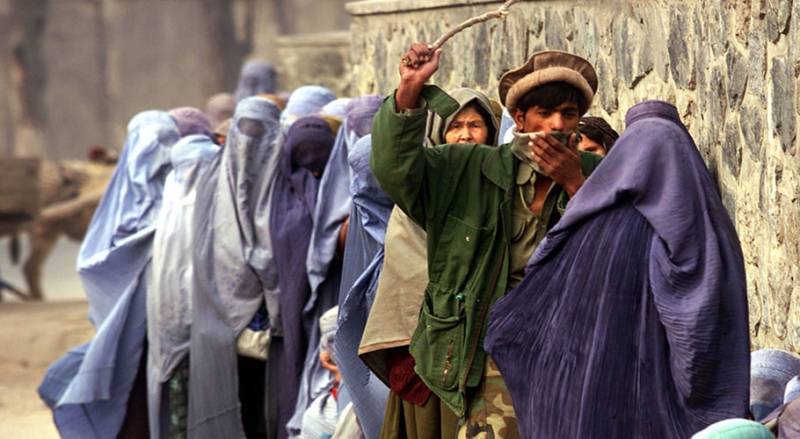UN urges Taliban to follow other Muslim states on women's rights

Stay tuned with 24 News HD Android App

The UN rights chief urged the Taliban Friday to look to other Muslim countries for inspiration on improving the rights of women, and ending their "systematic oppression" in Afghanistan.
Speaking before the United Nations Human Rights Council in Geneva, Michelle Bachelet decried the "desperate situation" facing women and girls in Afghanistan.
Since the Taliban returned to power last August, she said, "women and girls are experiencing the most significant and rapid roll-back in enjoyment of their rights across the board in decades."
"Their future will be even darker, unless something changes, quickly."
Addressing an urgent council debate on the situation of women and girls in Afghanistan, she called for a "more concerted effort" from the international community to push the Taliban to respect their rights.
In particular, she said, "I strongly encourage the de facto authorities to engage with predominantly Muslim countries with experience in promoting women and girls' rights, as guaranteed in international law, in that religious context."
A recent visit to the country by a Organization of Islamic Cooperation delegation has been "a significant step."
Bachelet, who herself visited Afghanistan in March, said that over one million girls have been shut out of secondary school and women widely banned from working and from travelling alone, and ordered to wear face coverings in public.
When the Taliban seized power nearly a year ago, they had promised to pursue a softer version of the harsh Islamist rule that characterised their first period in power from 1996 to 2001.
They said they would honour their human rights obligations, including on women's rights, as far as consisted with Islamic Sharia law.
"Yet, despite these assurances, we are witnessing the progressive exclusion of women and girls from the public sphere and their institutionalised, systematic oppression," Bachelet said.
She demanded that the Taliban set a firm date for reopening secondary schools for girls and remove the requirement that women wear face coverings and only travel when accompanied by a so-called maharam, or male guardian.
In addition "all acts of gender-based violence must be independently investigated and those responsible held to account," she said.
